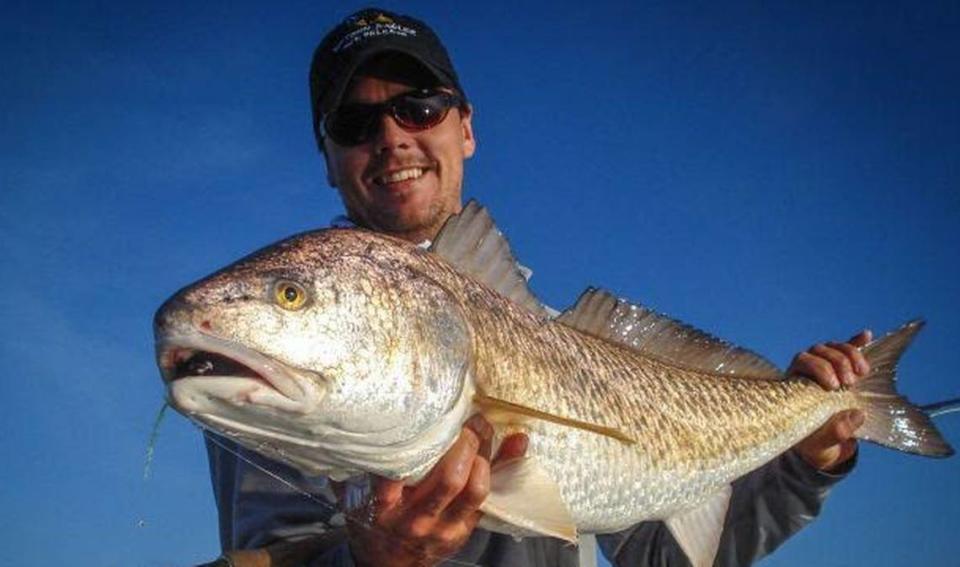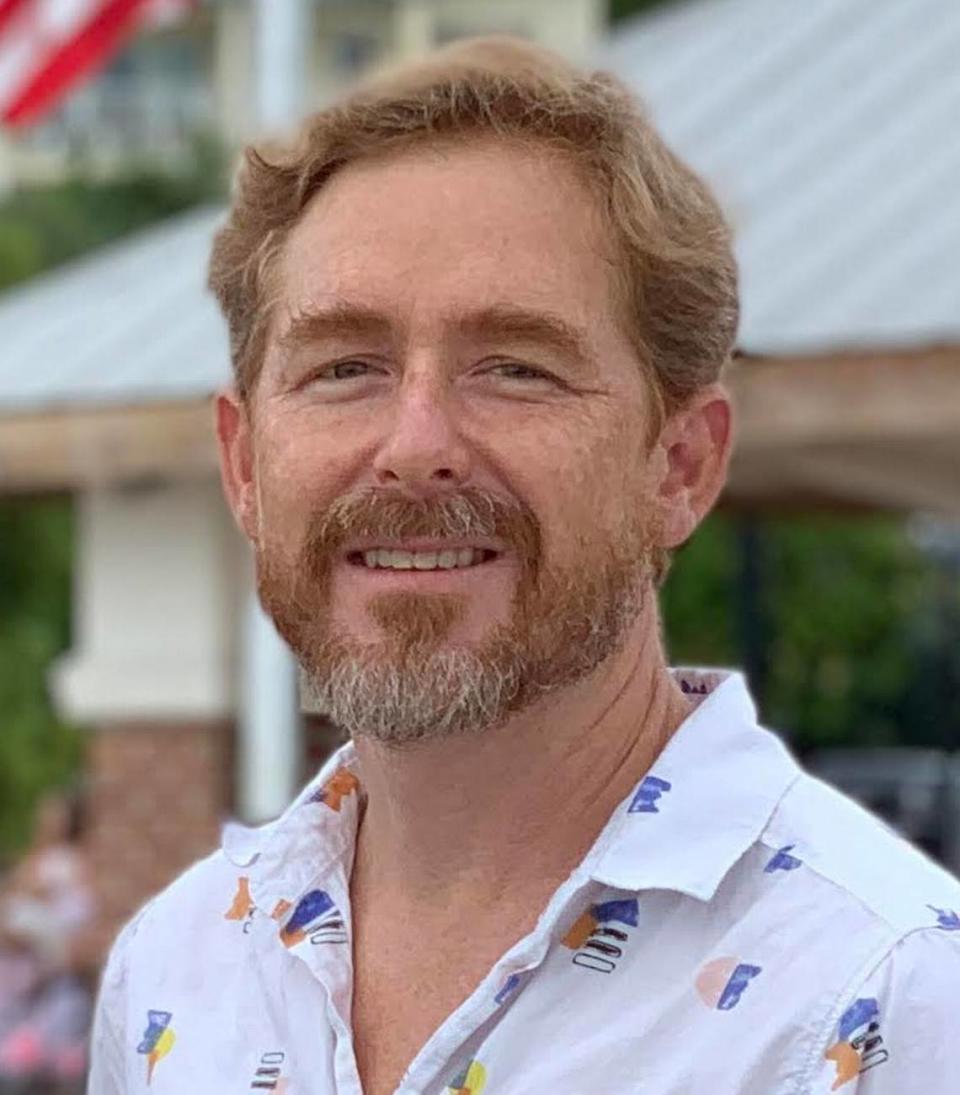If DeSantis really cares about Florida’s environment, he’ll veto toxic cruise-ship legislation | Opinion
- Oops!Something went wrong.Please try again later.
Gov. DeSantis faces a dilemma with Senate Bill 1194. The controversial effort to overturn voter referendums in Key West that limit the size of cruise ships to protect our coral reef appeared dead after the Miami Herald reported that cruise-pier operator Mark Walsh had contributed nearly $1 million, through 11 different corporate entities, to the governor’s political committee at the beginning of the legislative session in March.
But at the 11th hour of the session, in a demonstration of raw political power that primarily benefits Walsh, lawmakers passed the Senate bill as an amendment to unrelated transportation legislation. It now awaits the governor’s signature — or his veto.
Legislators staged an attack not just on democracy, but also on water quality in the Florida Keys.
Many of us Keys fishermen and small-business owners who fought for the Key West referendums also voted for DeSantis. He promised to protect the environment and he’s followed through by building a strong record of Everglades restoration. He understands that Florida’s economy depends upon a healthy environment, and that’s the same reason we launched the referendum last year to prioritize smaller ships over the mega-ships that threaten the reef and the future of our $800 million charter-fishing industry.
As lifelong Keys residents, we have seen firsthand the negative impact that large cruise ships have on our nearshore marine environment. Ships too large for the shallow and narrow ship channel churn up enormous clouds of sediment from the sea floor that can be seen from outer space and elevate turbidity levels in violation of state law.
As far back as 1999, the Florida Department of Environmental Protection documented cruise ships’ gross violations of state turbidity standards in the Key West channel, with readings up to six times over the legal limit.
But the state left enforcement to the federal government, which failed to act. Meanwhile, ever-larger cruise ships continued to flout state law, and the once-clear waters of the Florida Keys became lethal, driving great staghorn corals — particularly sensitive to turbidity — almost to extinction. The largest ships calling on Key West today are a whopping 45 percent larger than those that docked just 15 years ago — and they do a lot more damage.
Under DeSantis’ bold environmental leadership, the DEP now recognizes the threat turbidity poses and has drafted strict new criteria to protect Florida corals. But it took a movement started by fishermen, whose livelihoods depend on water quality, to finally point the finger at the mighty cruise industry.
When cruise traffic stopped under President Trump’s No Sail Order last year, we saw an immediate and obvious improvement in our waters. Halting the three-times-a-day dredge-like disruption of overly large cruise ships had quickly produced a positive effect — clearer, cleaner water that our reef needs to survive. A 2021 study by Dr. Henry Briceño at Florida International University’s Water Quality Monitoring Lab documents the improvement.
By forcing large cruise ships back into our shallow channel, SB 1194 would reintroduce a water-quality disaster to the Florida Keys. The bill is opposed by Florida Keys National Marine Sanctuary Advisory Council; Monroe County Board of Commissioners; City of Key West Board of Commissioners; Village of Islamorada Council; Island of Key Largo Federation of Homeowner Associations; Sugarloaf Shores Property Owners Association; Florida Keys Environmental Coalition; Florida Keys Fishing Guides Association; Last Stand of the Florida Keys; Lower Keys Guides Association; and Reef Relief.
The Florida Keys has the lowest unemployment rate in Florida and recently established a new record for tourist-tax revenue, as travelers return enjoy the clear water and great fishing. The best way for DeSantis to keep our economy strong and build on his legacy of saving the Florida Everglades would be to veto this legislation and let the will of Key West voters stand.
We urge him to continue his strong leadership on the environment, protecting the will of his constituents who voted in free and fair Florida elections. His veto would send an unmistakable signal that he stands with the fishermen of this state, not with special interests who threaten our fishery.
This is a David-and-Goliath struggle. Whose side is the governor on?
Arlo Haskell is treasurer of the Committee for Safer, Cleaner Ships. Will Benson is a charter fishing guide and member of the Florida Keys National Marine Sanctuary Advisory Council.



